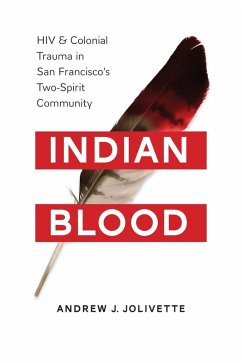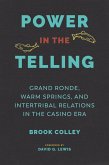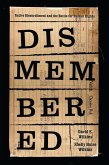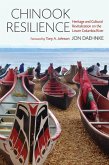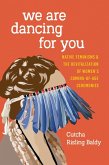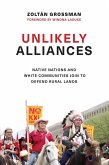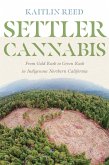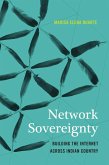Finalist for the 2017 Lambda Literary "Lammy" Award in LGBTQ Studies
The first book to examine the correlation between mixed-race identity and HIV/AIDS among Native American gay men and transgendered people, Indian Blood provides an analysis of the emerging and often contested LGBTQ "two-spirit" identification as it relates to public health and mixed-race identity.
Prior to contact with European settlers, most Native American tribes held their two-spirit members in high esteem, even considering them spiritually advanced. However, after contact - and religious conversion - attitudes changed and social and cultural support networks were ruptured. This discrimination led to a breakdown in traditional values, beliefs, and practices, which in turn pushed many two-spirit members to participate in high-risk behaviors. The result is a disproportionate number of two-spirit members who currently test positive for HIV.
Using surveys, focus groups, and community discussions to examine the experiences of HIV-positive members of San Francisco's two-spirit community, Indian Blood provides an innovative approach to understanding how colonization continues to affect American Indian communities and opens a series of crucial dialogues in the fields of Native American studies, public health, queer studies, and critical mixed-race studies.
The first book to examine the correlation between mixed-race identity and HIV/AIDS among Native American gay men and transgendered people, Indian Blood provides an analysis of the emerging and often contested LGBTQ "two-spirit" identification as it relates to public health and mixed-race identity.
Prior to contact with European settlers, most Native American tribes held their two-spirit members in high esteem, even considering them spiritually advanced. However, after contact - and religious conversion - attitudes changed and social and cultural support networks were ruptured. This discrimination led to a breakdown in traditional values, beliefs, and practices, which in turn pushed many two-spirit members to participate in high-risk behaviors. The result is a disproportionate number of two-spirit members who currently test positive for HIV.
Using surveys, focus groups, and community discussions to examine the experiences of HIV-positive members of San Francisco's two-spirit community, Indian Blood provides an innovative approach to understanding how colonization continues to affect American Indian communities and opens a series of crucial dialogues in the fields of Native American studies, public health, queer studies, and critical mixed-race studies.
Dieser Download kann aus rechtlichen Gründen nur mit Rechnungsadresse in A, D ausgeliefert werden.

